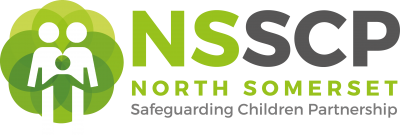Safeguarding children means protecting someone's right to live in safety, free from abuse and neglect. It involves people and organisations working together to prevent and stop abuse or neglect. All safeguarding honours the feelings, beliefs and decisions of children, young people and their families.
Safeguarding means:
- protecting children from abuse and maltreatment
- preventing harm to children’s health or development
- ensuring children grow up with the provision of safe and effective care
- taking action to enable all children and young people to have the best outcomes
